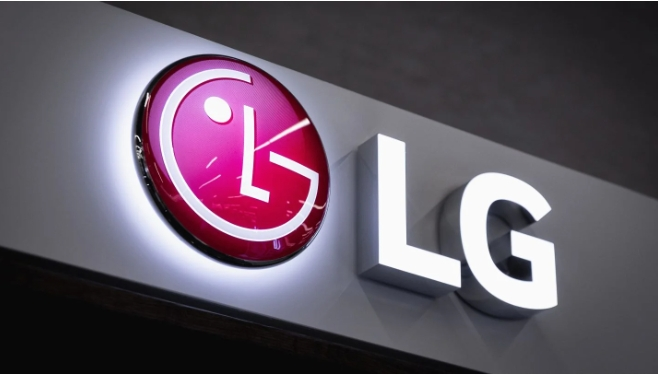In an exciting development, South Korea’s LG Electronics has partnered with tech giant Microsoft to drive cutting-edge artificial intelligence (AI) innovations. This collaboration aims to blend LG Electronics’ rich customer insights from various devices and spaces with Microsoft’s state-of-the-art AI technologies.
The alliance will focus on developing AI agents for diverse applications, including homes, vehicles, hotels, and offices. By incorporating Microsoft’s advanced speech recognition and synthesis technologies, LG Electronics plans to enhance its AI home hub project. This integration is designed to help the AI understand various accents, pronunciations, and colloquial expressions used by customers, making interactions more natural and intuitive.
Additionally, LG Electronics and Microsoft will co-develop an AI agent capable of interacting with customers and predicting their needs and preferences. According to Yonhap, LG Electronics CEO Cho Joo-wan highlighted the collaboration’s alignment with LG’s emphasis on “affectionate” AI technologies. These technologies aim to deliver differentiated customer experiences through empathetic AI, providing a seamless connection across multiple physical and virtual spaces.
Microsoft’s executive vice president and chief commercial officer, Judson Althoff, expressed his excitement about the partnership, stating, “At Microsoft, we believe AI will fundamentally change the way we live and work, and we could not be more excited to partner with LG Electronics – the pioneers of smart, connected spaces – to integrate AI into life’s everyday experiences.” Althoff also emphasized the collaboration’s focus on the AI data center sector, a rapidly growing area amid the AI boom.
Leveraging LG Electronics’ thermal management systems and advanced chiller technologies tailored for AI data centers, this partnership aims to improve energy efficiency in these crucial components of AI infrastructure. Recently, Microsoft announced plans to invest approximately $80 billion to expand its AI-enabled data centers by fiscal year 2025, with more than half of this investment occurring in the US. These centers will train AI models and deploy AI and cloud-based applications worldwide.














